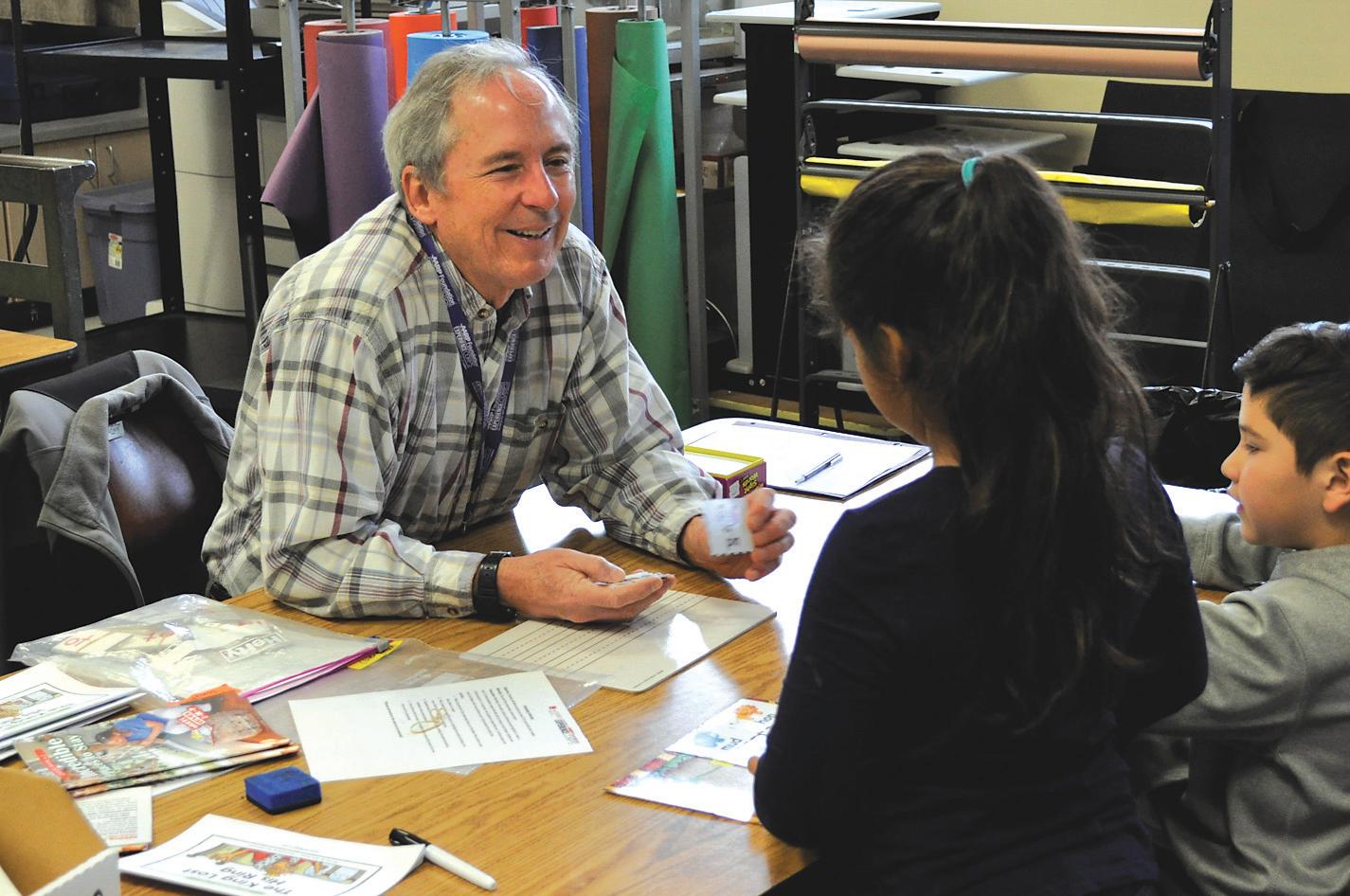
3 minute read
Building Our Future
Photo by Aniko Kiezel
DESPITE PROBLEMS, THERE ARE SOLUTIONS TO HOUSING
Moments before signing a package of bills aimed at easing California’s affordable housing crisis, Gov. Gavin Newsom used some colorful language to describe the issue. He called it “the original sin of the state of California.”
“That’s the issue of housing and affordability,” he said. “It touches more things in more ways on more days than any other issue. It is at the core of so much of the frustration many of us have about our state and our future.”
He continued, “Meanwhile, folks started moving out. Folks started thinking about moving out. Folks got kicked out. Folks ended up on the streets in record numbers because we couldn’t get out of our own way.”
Consider some numbers. Only 24 percent of households can afford a median-priced single-family home, according to the California Association
GD GD
By Gary Delsohn Building Our Future
of Realtors Housing Affordability Index. That’s 50 percent less than the national average and 33 percent below the start of the pandemic.
And for a variety of reasons, we’re not building like we used to, which drives up prices. In 2005, according to building industry statistics, California built 208,972 homes and apartment units. In 2021, the total was 118,290.
Also, more than half the state’s renters, and 80 percent of low-income renters, pay more than 30 percent of their income on housing. And more than 160,000 Californians experienced homelessness in 2020.
So, what about the bills Newsom signed that attracted so much laudatory media coverage, in part because legislators had to make a delicate compromise between affordable housing advocates and organized labor? Will the legislation create millions of additional housing units as sponsors and supporters hope?
Of the 38 housing-related bills Newsom signed in September, AB 2011 and SB 6, got the most attention. Taken together, they allow developers, if certain conditions are met (including the use of organized labor and a statewide prevailing wage), to build housing “by right” on land zoned for commercial and retail. AB 2011 allows builders to bypass some provisions of the California Environmental Quality Act that can slow project approval.
For an expert perspective, I reached out to Dan Dunmoyer, president and CEO of the California Building Industry Association. I worked with Dunmoyer in former Gov. Arnold Schwarzenegger’s offi ce when I was chief speech writer and Dan was cabinet secretary. He’s one of the smartest people around on public policy and a straight shooter.
“Even if these bills were both profoundly positive, we are facing some very strong headwinds on housing in California,” he says. Between rapidly rising interest rates and supply chain issues delaying projects, he notes, “We are seeing a massive slowdown of interested buyers. We still have demand in California, but we have people pushing the pause button if not the hard brakes on buying a home. Bills like these are good ideas, but not when they’re loaded with things that add to the cost of getting housing built.”
Dunmoyer gives Newsom credit for using his bully pulpit to pressure and even sue local governments to build more affordable housing. “But we’d like to see him remove more of the bureaucratic impediments to getting more housing built,” Dunmoyer says. “He’s been moving in the right direction and more is being done, but we’d like it to go faster.”
One idea from Dunmoyer: more investment of the state’s budget surplus to provide additional fi nancial incentives to California cities eager to encourage housing construction, such as funds for infrastructure and amenities now covered in fees paid by builders and passed on to homebuyers.
“Most of the money local governments raise through property taxes goes back to the state,” Dunmoyer says. “If the state used a carrot approach and said, ‘We’ll give you some of that money back for roads and other infrastructure and services to build housing,’ that could really make a difference.”
Original sin or “societal Armageddon,” as Dunmoyer calls it. If we can’t make more progress on our housing crisis, the state’s problems are only going to get worse.
Gary Delsohn can be reached at gdelsohn@gmail.com. Previous columns can be found and shared InsideSacramento.com. Follow us on Facebook, Twitter and Instagram: @ insidesacramento. n








